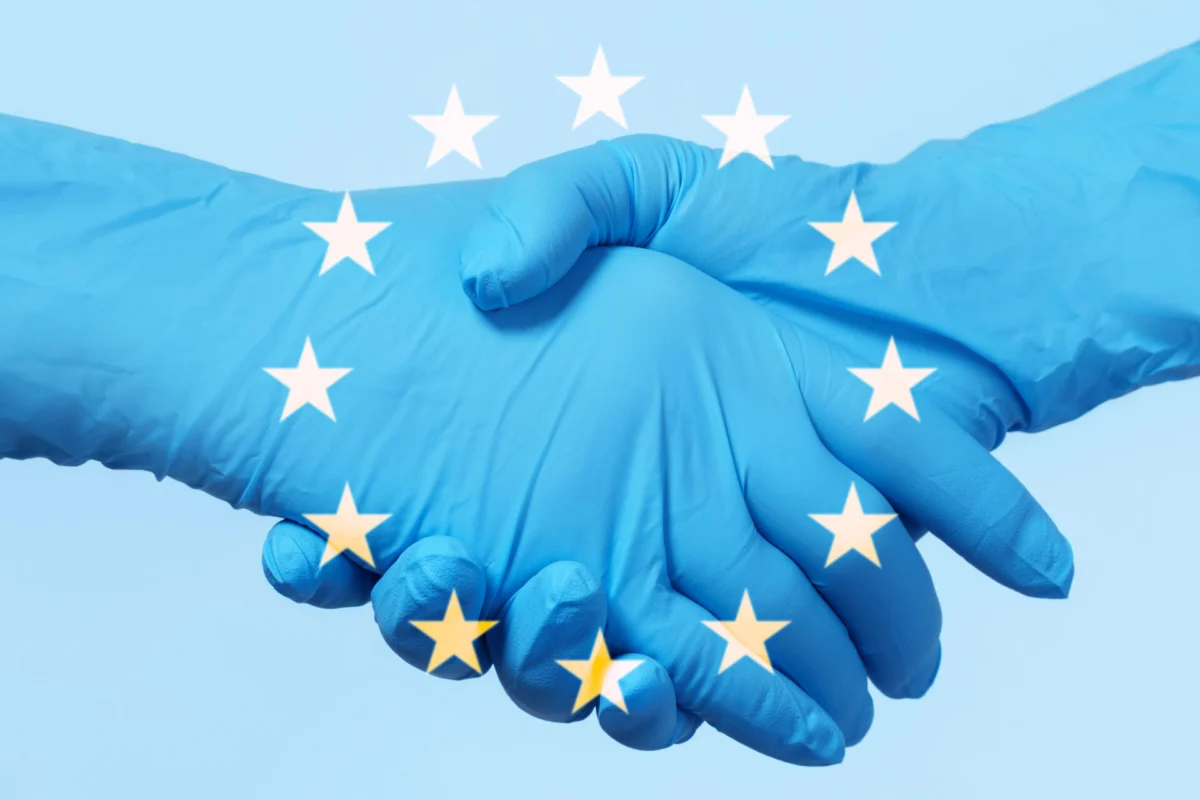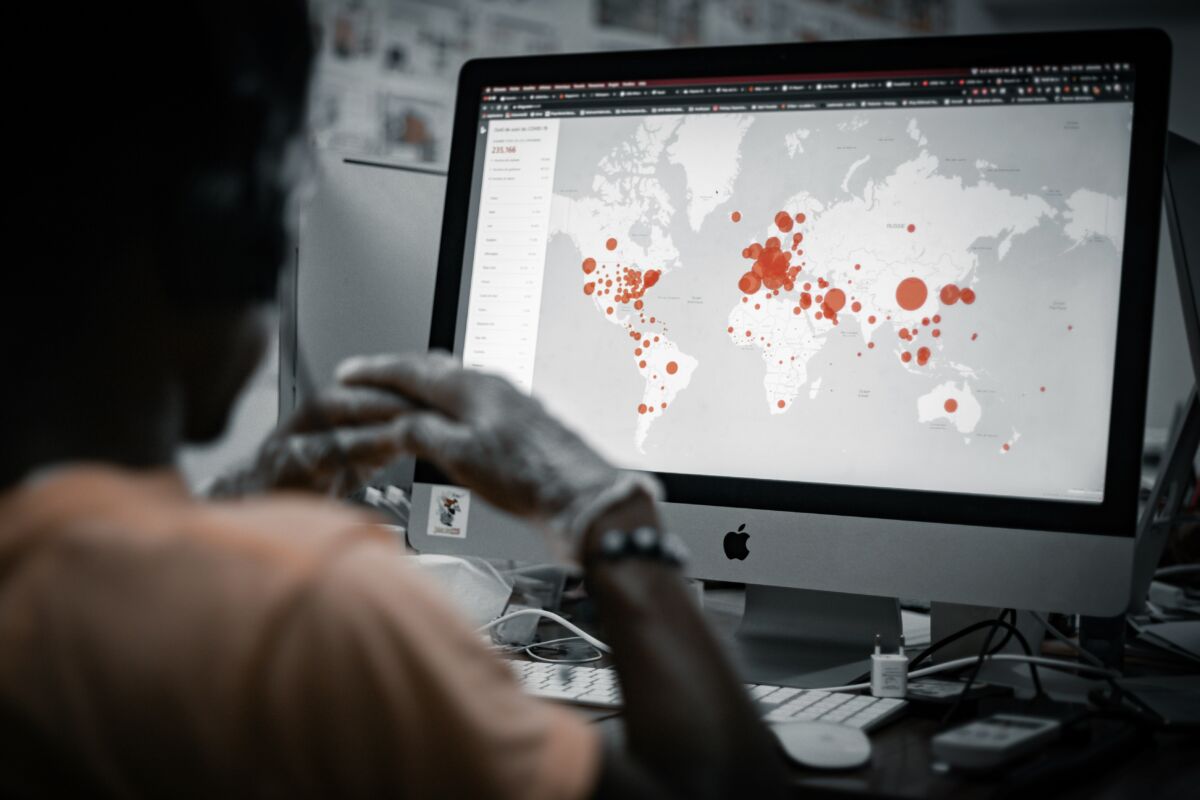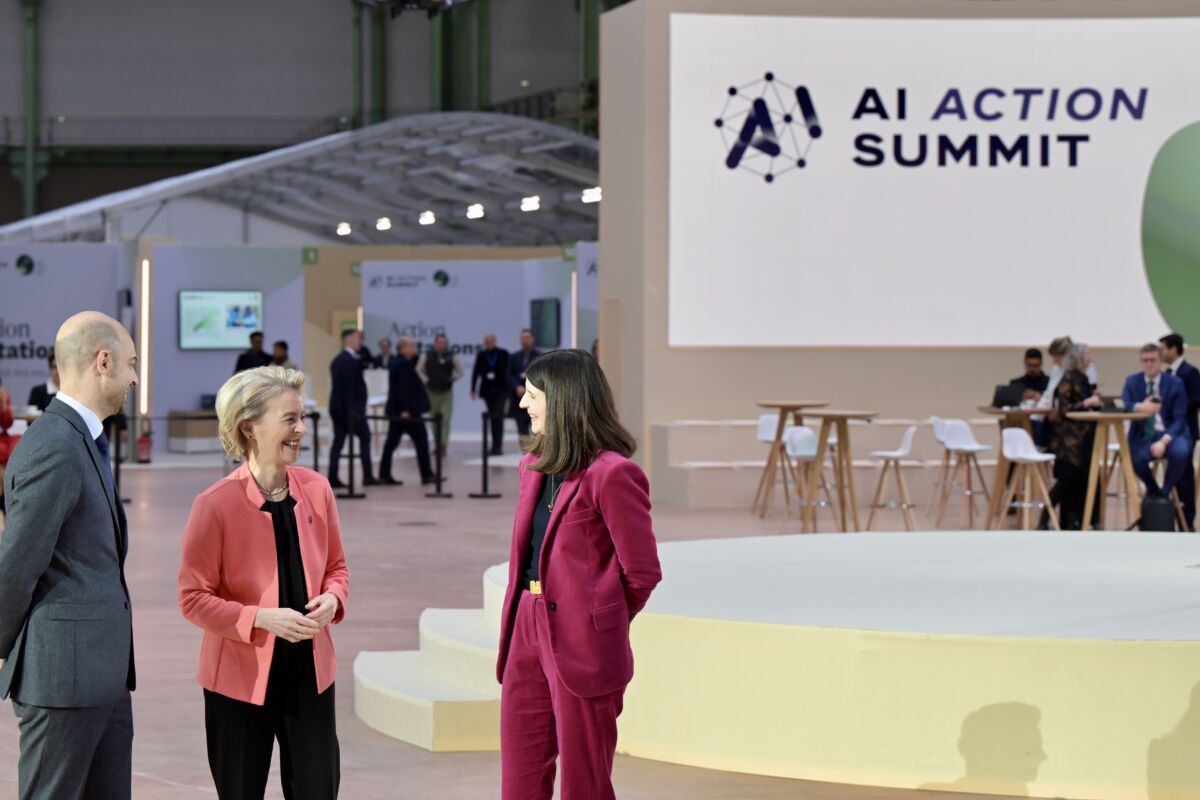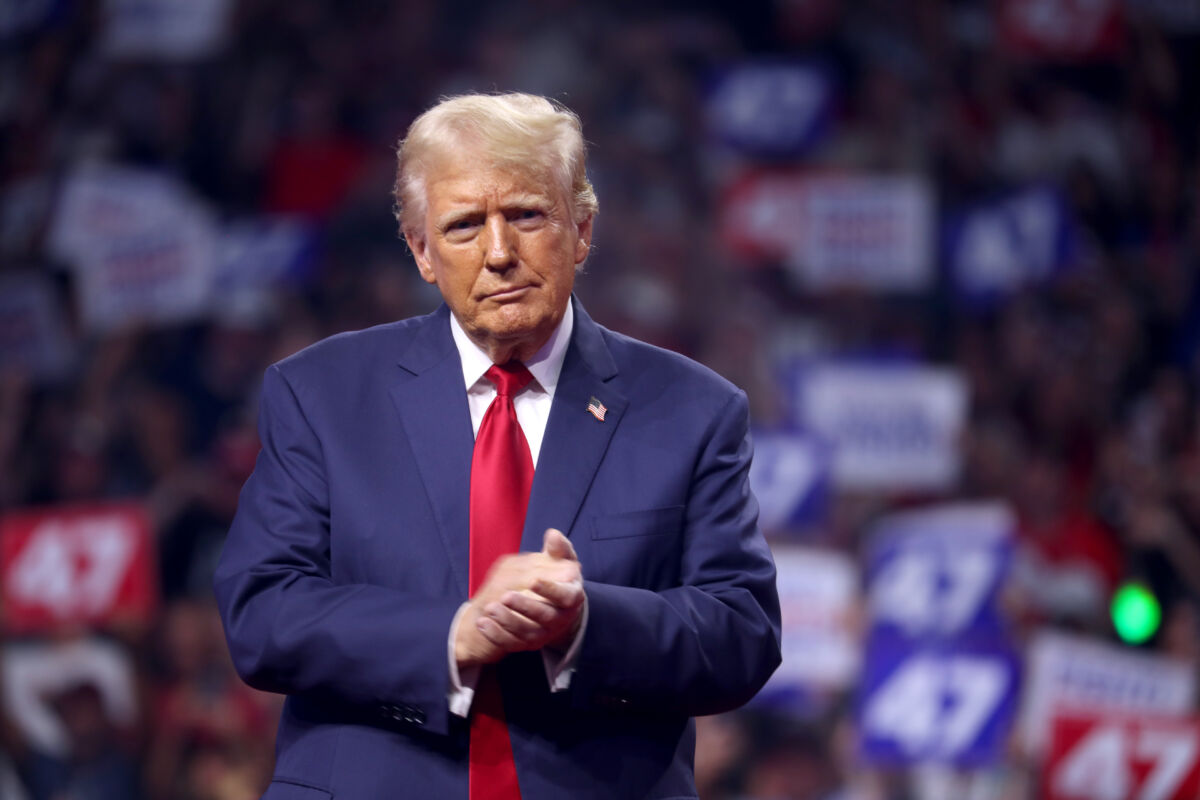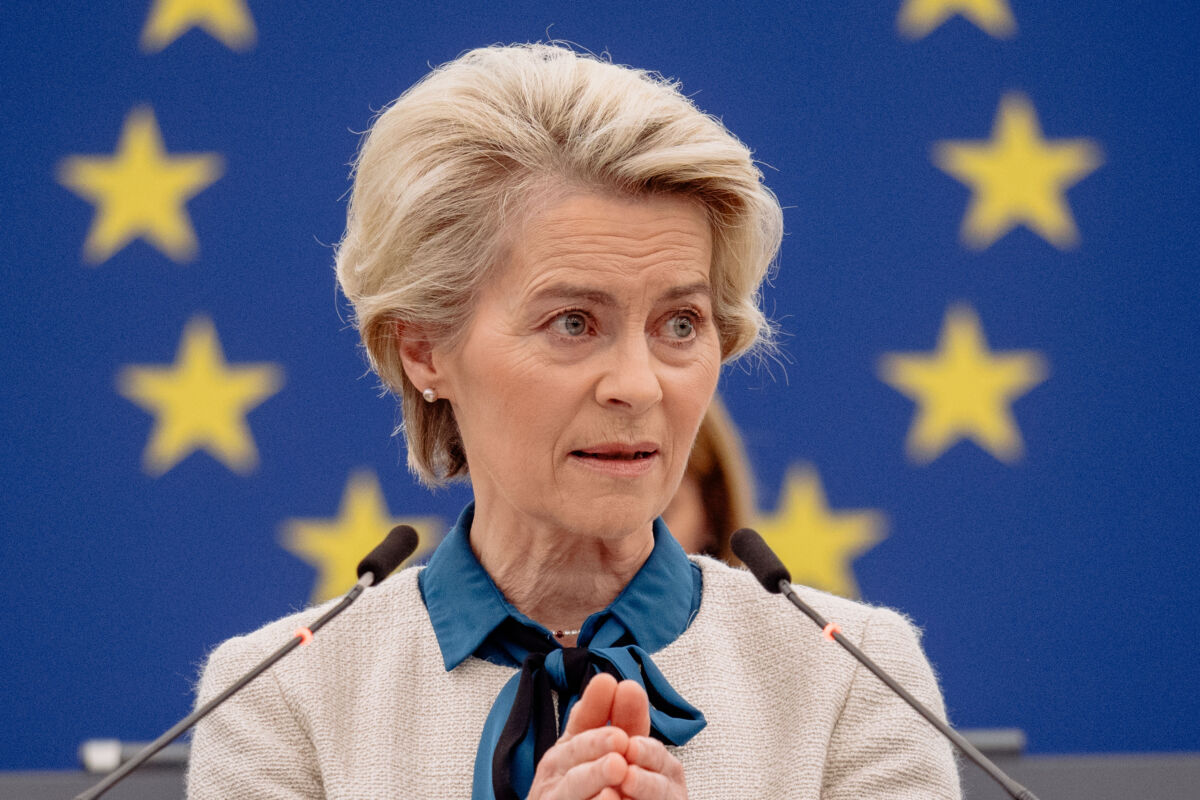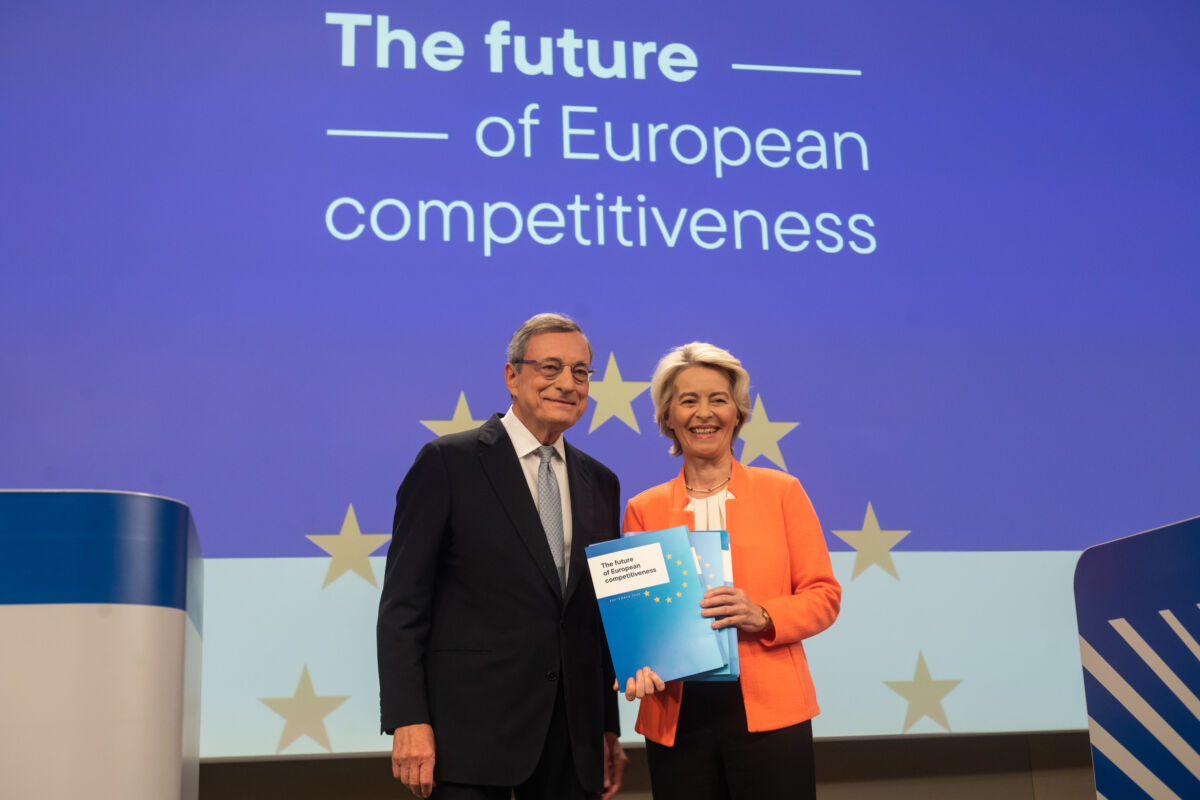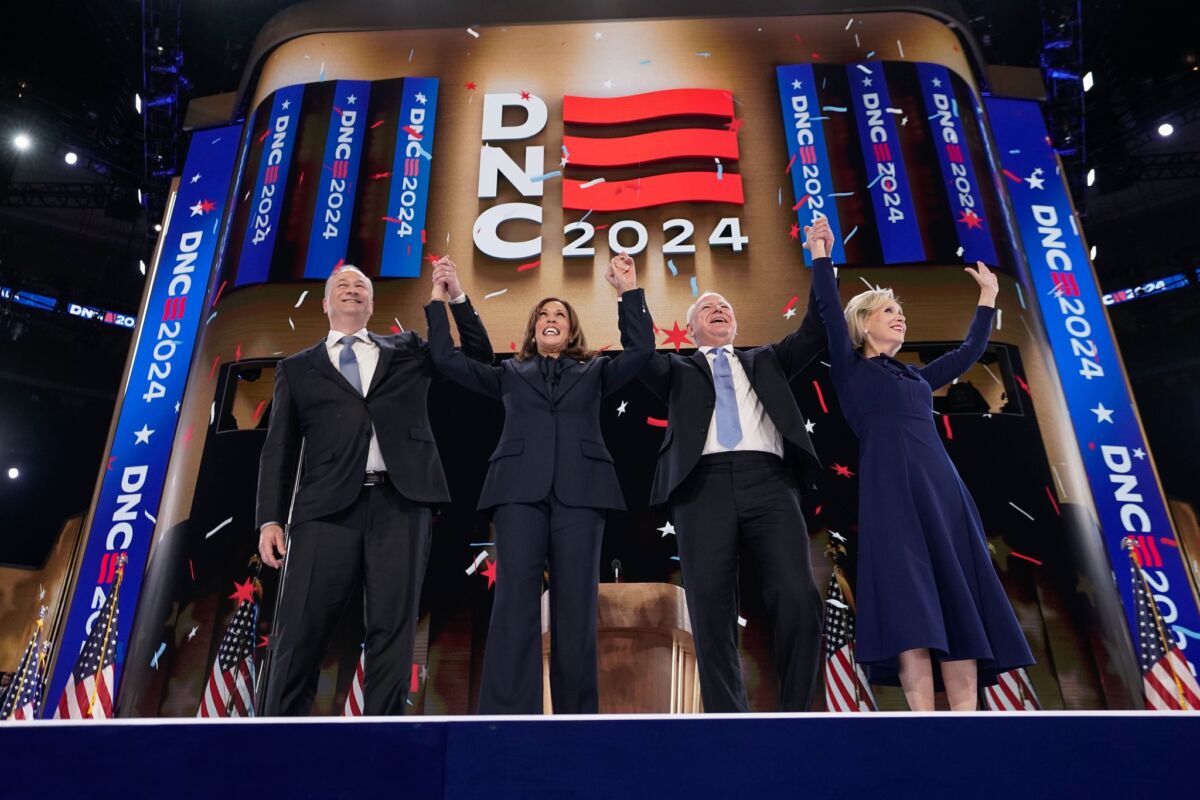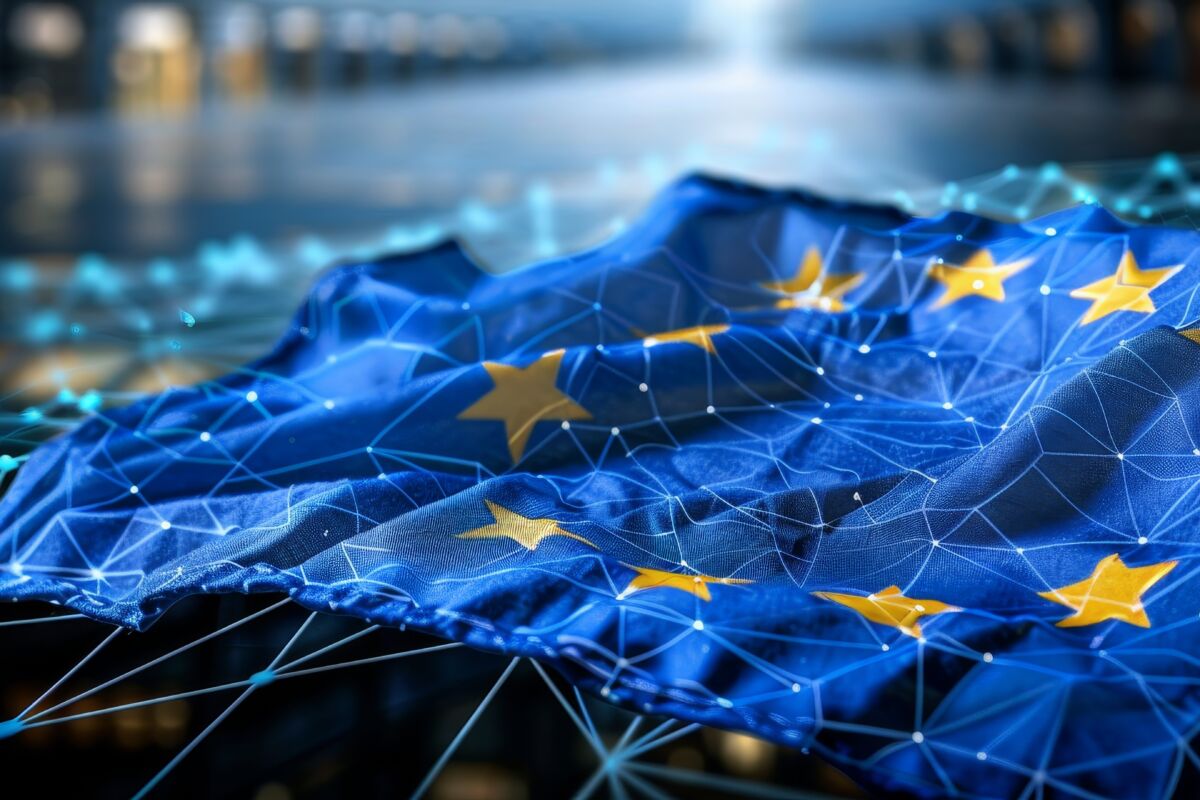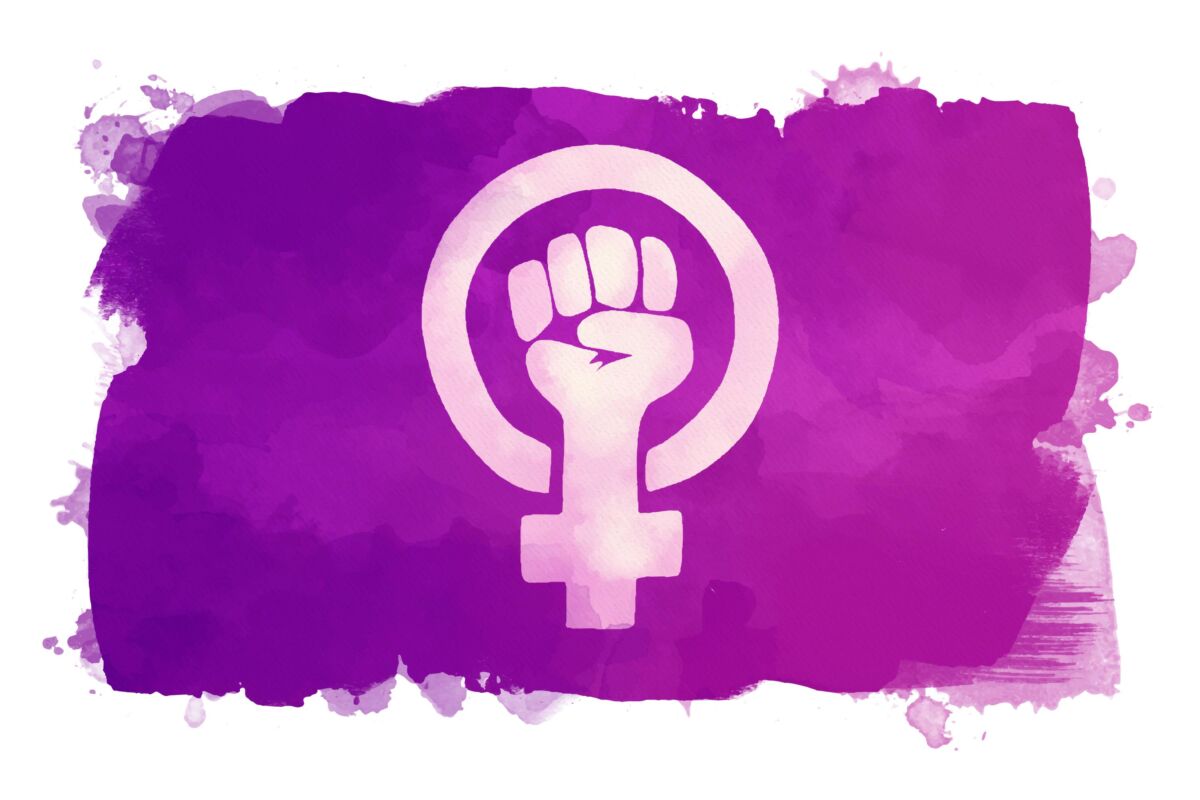When the Council conclusions on the Global Health Strategy – and disclaimer, one of us helped draft those conclusions – were adopted by ministers in January 2024, it marked a moment of real ambition. For the first time in over a decade, EU Member States endorsed a comprehensive vision for Europe’s role in strengthening global health, rooted in equity, resilience and multilateral cooperation. Going beyond the EU’s role in development cooperation, the strategy clearly established health as an integral part of the EU’s foreign policy and the Global Gateway.
The EU Global Health Strategy underpinning the conclusions was launched in November 2022. Since then, the international landscape has shifted. Geopolitical tensions have intensified, development assistance has declined, multilateralism is under pressure and major global health agreements have stalled or been diluted – except perhaps the Pandemic Agreement adopted in May.
Today, if the EU wants to turn strategy into real-world influence, it needs more than just policy documents – it needs political leadership.
An EU Special Representative makes sense
The Global Health Strategy promised to ‘act with one voice’, making health a central pillar of the EU’s external action. The Council conclusions backed this, calling for investment in global health diplomacy and coordinated leadership across foreign policy, development, health security and climate.
Yet implementation has been hampered by fragmentation across institutions, between Member States and in international engagement. On top of this, the Commission’s progress report on the strategy has been severely delayed.
A Special Representative for Global Health could close the gap. Reporting to the EU’s High Representative, an EU Special Representative (EUSR) has both the political weight and institutional mandate to represent the EU in high-level diplomacy, coordinate cross-sector policy and ensure continuity across Commission cycles.
Importantly, we’ve seen this work before. From the Sahel and the Horn of Africa to human rights and the Middle East peace process, EUSRs have given visibility and focus to EU priorities in complex, rapidly evolving contexts.
An EUSR for Global Health would do the same thing. They would ensure that the EU plays a proactive, coherent role in multilateral forums like the G7, G20 and World Health Assembly but they would also promote a values-based approach to health equity and serve as a focal point in future global health crises.
Additionally, they could work to strengthen health as a core aspect of bilateral and inter-regional partnerships with powers like India, the African Union and ASEAN, through dialogue and relationship building. The role would also fully leverage the capacities of the EEAS and its delegations.
Crucially, this appointment wouldn’t duplicate the EU institutions’ work – it would connect and amplify it.
The new reality for global health
The appointment couldn’t be more relevant right now. Cuts in official development assistance (ODA) have led to drastic consequences and stakeholders are carefully watching the Commission’s proposals for the next Multiannual Financial Framework. While unmet health and humanitarian needs soar, a post-ODA future is also emerging.
In the new multipolar world order for global health, the demand for equal partnerships will only grow and agendas are increasingly set in regional forums by emerging powerhouses and south-south initiatives. There’s now a unique opportunity for an EUSR to help reset the EU’s role in global health, seizing existing opportunities and finding new policy coherence in the EU’s internal and external action.
The EU can and should contribute not only with grant financing but also through enhancing technical and regulatory cooperation and support, including for the local development of critical technologies, digitalisation and workforce-related issues. Keeping in mind the grievances in the ‘Global South’ related to vaccine equity and tensions during the Pandemic Agreement negotiations, the EU needs to restore confidence and establish a more transparent approach anchored in its partner countries’ needs.
Only then will the EU be able to turn its strategy into real-world influence, where words match its actions. For this, leadership that enhances external relations, bridges internal silos and leverages the full range of the EU’s policy areas and tools will be needed.
Operating horizontally, the EUSR for Global Health would be well placed to rally Member State action across fragmented EU institutions, while respecting that national priorities will continue to shape policy in certain areas. Several Member States, including France, Germany, the Netherlands and Spain have adopted their own global health strategies and a growing number of countries also have a dedicated ambassador for global health (or its equivalent). This presents a great opportunity for synergies between national and EU efforts, building on the EU’s strengths and competences in relevant areas, from health to development cooperation, trade and health data regulation, and AI.
As Covid-19 made plainly clear, protecting and promoting health globally is also in the EU’s interest. As such, the EUSR would also make an important contribution to the EU’s growing geopolitical ambitions.
From words to action
Creating an EUSR doesn’t require legislation or treaty change. The Council appoints EUSRs by qualified majority vote, typically following a proposal from the High Representative. The most recent appointment was in 2021, for the Horn of Africa. These roles are time-bound, targeted and designed to reflect strategic priorities. With a new Commission and Parliament now in place, and political space for fresh initiatives, now’s the moment to act and ensure clear responsibility for implementing the EU’s global health strategy and beyond.
Global health threats are growing, not fading. The post-pandemic period has seen a backtracking on global health goals with rising inequities in access to medicines and vaccines, mounting pressure from climate-related health emergencies, growing antimicrobial resistance, as well as acute humanitarian crises. While the Pandemic Agreement negotiations have concluded, their success depends on political follow-through, not least on remaining sensitive issues, as well as global trust and accountability – something the EU can help lead but only if it has the right structure in place.
Alas, an EUSR on Global Health is not a silver bullet. But it is a practical, strategic step that could give the EU the leadership edge it needs—and that the world expects.
It would show that Europe is ready not just to positively contribute to the global health agenda but to deliver it, all while committing to more equal partnerships with emerging actors and partners. Perhaps, such an appointment could inspire other regional organisations to appoint their own special representatives for Global Health.
Right now, the EU has the strategy. It has the tools. But without a single, clear and empowered voice to navigate the complex international terrain, its global health ambitions risk falling far short of its lofty ambitions.
Hampus Holmer is a diplomat and affiliated researcher at the Karolinska Institutet, Stockholm (written in personal capacity).









